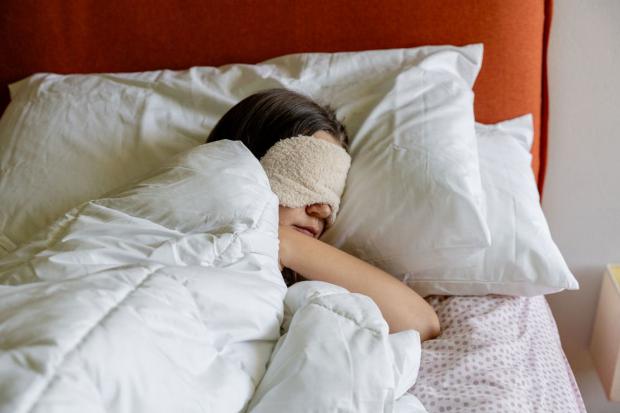
Breaking News
 A Critical Review of Impacts of Greenhouse Gas Emissions on the U.S. Climate
A Critical Review of Impacts of Greenhouse Gas Emissions on the U.S. Climate
 The Great Reject is Upon Us! - #SolutionsWatch
The Great Reject is Upon Us! - #SolutionsWatch
 Google is issuing a call to action:
Google is issuing a call to action:
 Be first, be smarter, or cheat
Be first, be smarter, or cheat
Top Tech News
 Drone-launching underwater drone hitches a ride on ship and sub hulls
Drone-launching underwater drone hitches a ride on ship and sub hulls
 Humanoid Robots Get "Brains" As Dual-Use Fears Mount
Humanoid Robots Get "Brains" As Dual-Use Fears Mount
 SpaceX Authorized to Increase High Speed Internet Download Speeds 5X Through 2026
SpaceX Authorized to Increase High Speed Internet Download Speeds 5X Through 2026
 Space AI is the Key to the Technological Singularity
Space AI is the Key to the Technological Singularity
 Velocitor X-1 eVTOL could be beating the traffic in just a year
Velocitor X-1 eVTOL could be beating the traffic in just a year
 Starlink smasher? China claims world's best high-powered microwave weapon
Starlink smasher? China claims world's best high-powered microwave weapon
 Wood scraps turn 'useless' desert sand into concrete
Wood scraps turn 'useless' desert sand into concrete
 Let's Do a Detailed Review of Zorin -- Is This Good for Ex-Windows Users?
Let's Do a Detailed Review of Zorin -- Is This Good for Ex-Windows Users?
 The World's First Sodium-Ion Battery EV Is A Winter Range Monster
The World's First Sodium-Ion Battery EV Is A Winter Range Monster
 China's CATL 5C Battery Breakthrough will Make Most Combustion Engine Vehicles OBSOLETE
China's CATL 5C Battery Breakthrough will Make Most Combustion Engine Vehicles OBSOLETE
Bright light at night is hell on your heart, says new large study

While previous research has hinted that sleeping in a room that is evenly moderately lit can harm heart health, researchers from Flinders University in Australia say that the study they've completed is the largest ever to examine how light exposure at night can impact the cardiovascular system.
To carry out their work, they followed 88,905 people aged 40 and older for 9.5 years. All of the participants were taking part in the UK Biobank project, a massive compilation of medical data from half a million volunteers. The study subjects wore sensors on their wrists to track the amount of light they were exposed to daily.
After analyzing the more than 13 million hours of light exposure data, comparing them with medical records, and adjusting for heart-health influencers like exercise, diet, and genetics, they found that those with the brightest light exposure during the nighttime hours of 12:30-6:00 AM had a 56% higher chance of heart failure and a 47% increased likelihood of having a heart attack than those with the least light exposure.
"This is the first large-scale study to show that simply being exposed to light at night is a strong and independent risk factor for heart disease," says lead study author Daniel Windred. "Disrupting your body's internal circadian clock by repeatedly exposing yourself to bright light at night, when it would typically be dark otherwise, will put you at a higher risk of developing dangerous heart issues."
To classify light exposure, the researchers broke the cohort into percentiles based on brightness levels measured in lux, a standard unit of light intensity. A dark night sky, for example, measures under 0.01 lux, a room with a small lamp on might come in around 5 lux, and a very well-lit room could exceed 100 lux. Those who had a median nighttime light exposure of 0.62 lux were placed in the lower 50th percentile. Those with a median exposure of 105.3 wound up in the 91st-100th percentile and had the worst heart health outcomes.



